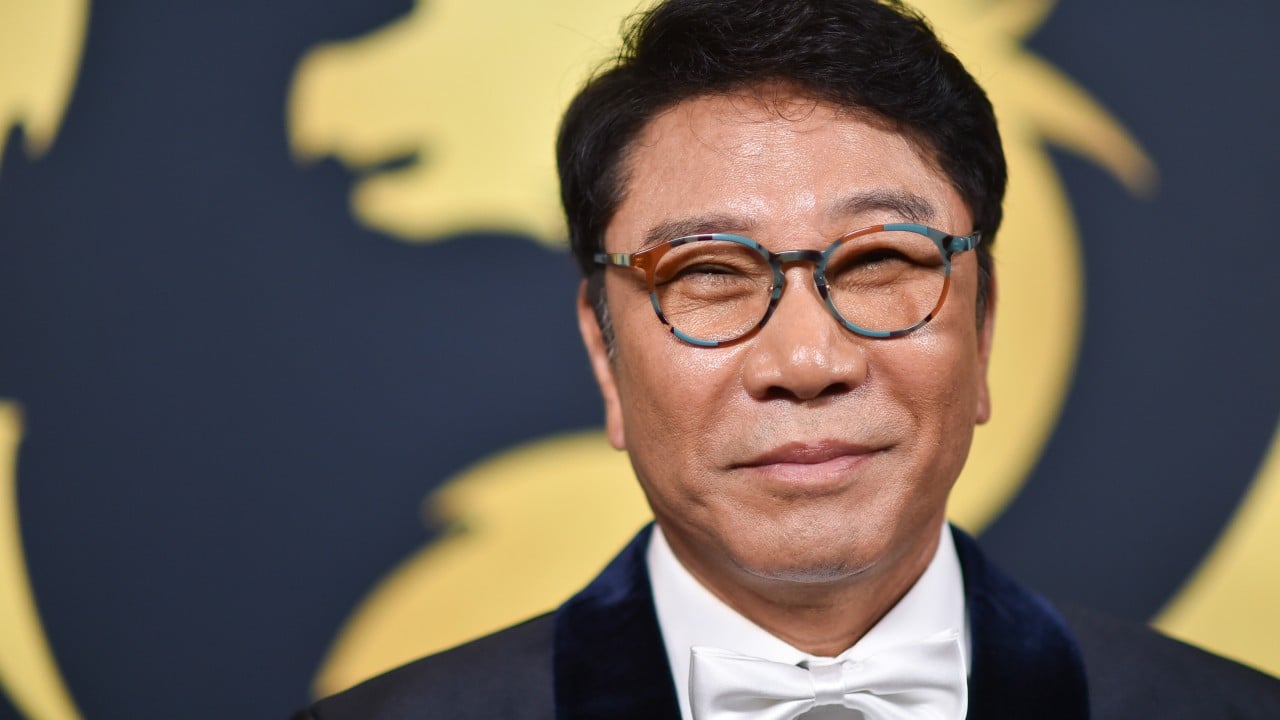
Lee Soo-man resisted the title at first. “King of K-pop” sounded too brash, too nightclub-esque – like something you would see on a neon sign in Itaewon, a nightlife neighbourhood in the South Korean capital, Seoul.
“I asked them, ‘Couldn’t it be Father of K-pop?’” said the 73-year-old, referring to Lee Soo Man: King of K-Pop, the title of an Amazon Prime documentary about his career.
The producers insisted the bolder moniker would resonate better with American audiences. After some back and forth, Lee relented. “I had to follow their decision.”
The compromise speaks to Lee’s pragmatic approach to breaking South Korean acts into the American mainstream – a three-decade quest that often required him to bend but never break his vision.
The founder of SM Entertainment and widely credited as the architect of K-pop’s global expansion, Lee was inducted into the Asian Hall of Fame alongside basketball legend Yao Ming, Olympic figure skater Michelle Kwan and rock icon Yoshiki, among others.
Lee remains a prominent but controversial figure in K-pop history. His label pioneered an intensive training system that recruits performers as young as junior school age and puts them through years of rigorous preparation. Some of his artists have challenged their contracts as unfair, sparking broader debates about industry practices.


